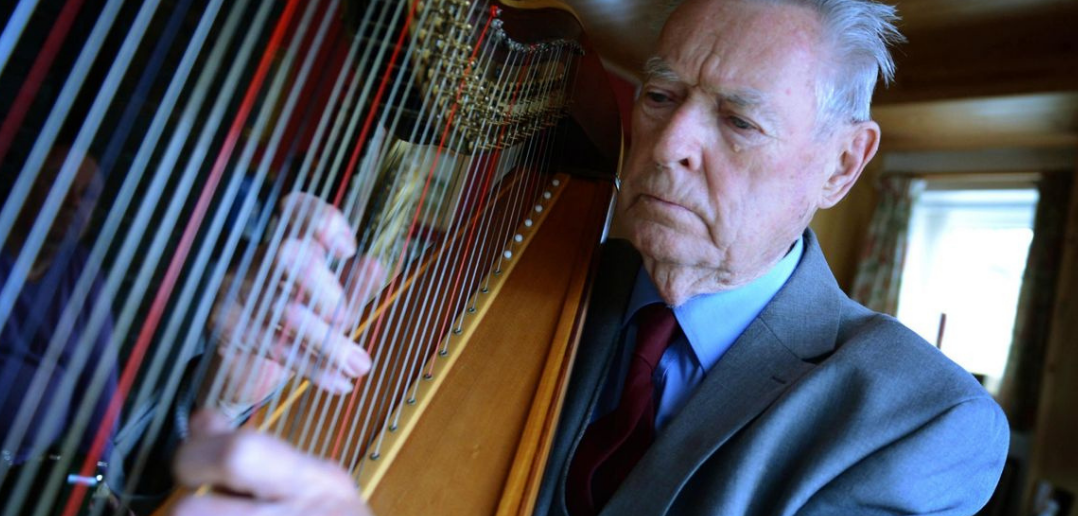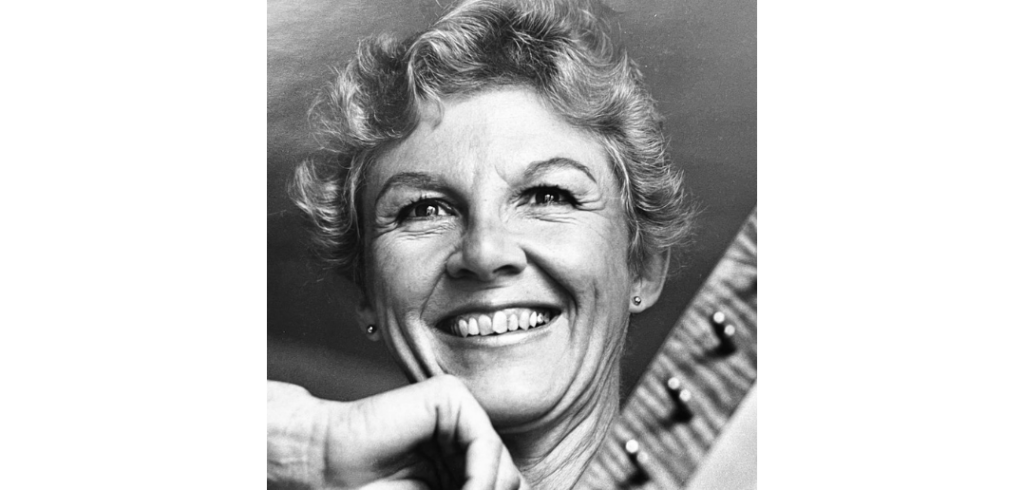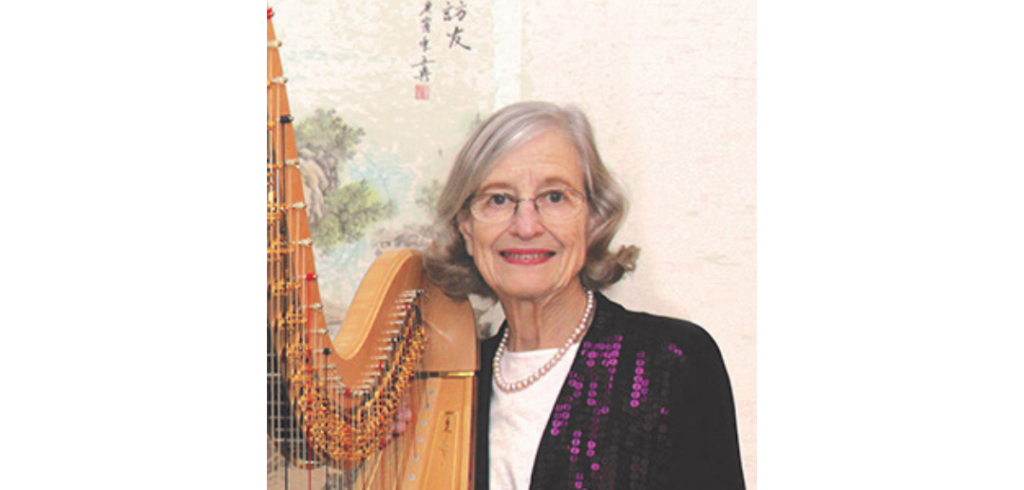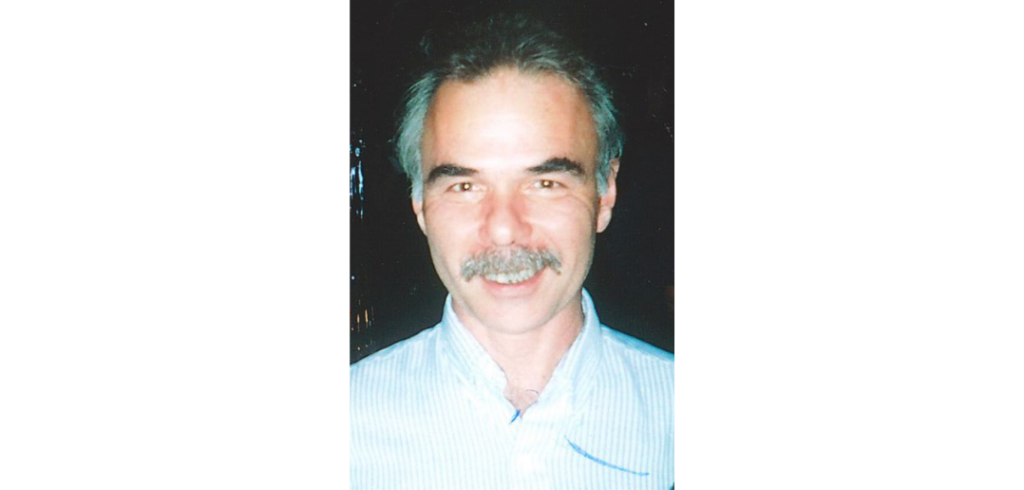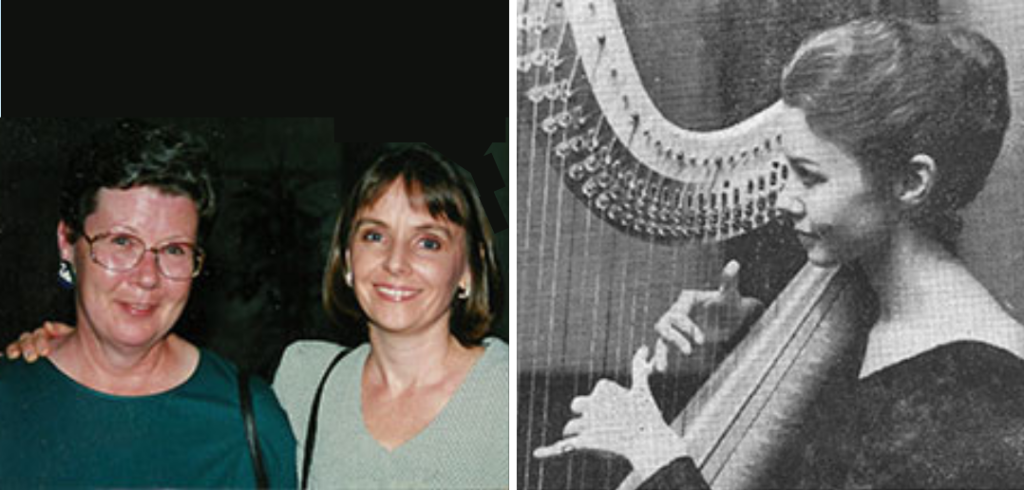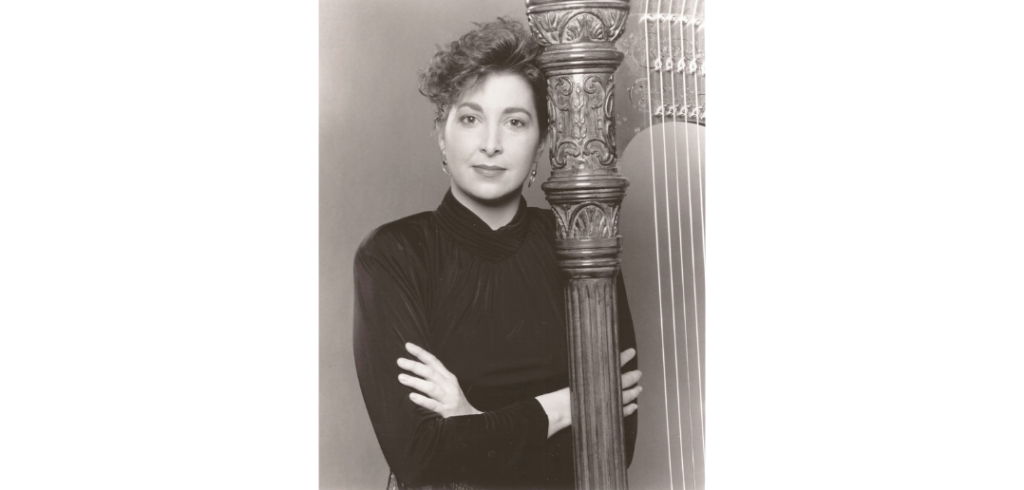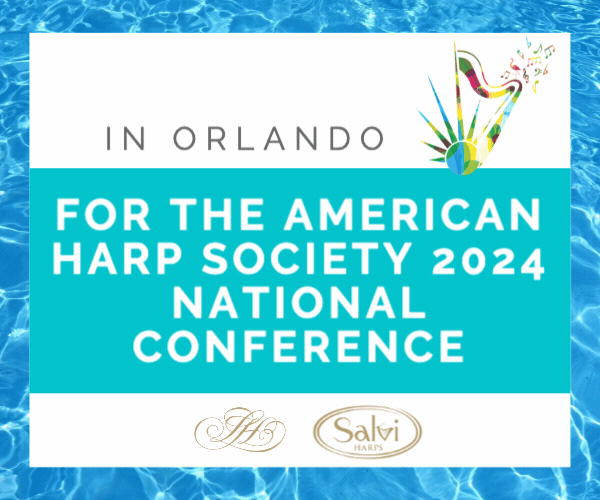It was with great sadness that we heard of the death of harpist and scholar Osian Gwynn Ellis on Jan. 5, 2021. He was 92. Ellis was one of the leading harpists of the 20th century and appeared on the world’s major stages. He was a living legend in his native Wales, and promoted and sang the music and poetry of his country throughout his long and illustrious career. Ellis left a rich legacy to the harp world internationally through his recordings, compositions, and rich repertoire of new music, written by many contemporary composers who had been inspired by his performances. He traveled extensively during his career and succeeded in bringing the world’s attention to a varied harp repertoire, including music spanning four centuries from Wales.
Ellis was born in Flintshire, Wales. His father was a Wesleyan minister and his mother an amateur harpist. His first teacher as a child was the iconic Alwena Roberts. He won a scholarship to study with Gwendolen Mason at the Royal Academy of Music in London, and became professor of harp there from 1959 to 1989. At the beginning of his career, Ellis appeared in early Welsh-language radio and television programs, and later gave many performances with famous actors, including Dame Peggy Aschcroft, Sybil Thorndike, Hugh Griffith, and Richard Burton.
Ellis was appointed principal harpist of the London Symphony Orchestra (LSO) in 1961 and was a close associate of the finest conductors of his time, including Pierre Boulez, Colin Davis, Georg Solti, David Willcox, and André Previn. He was a regular soloist with the LSO, English Chamber Orchestra, and the BBC National Orchestra of Wales. His acclaimed recording of Ravel’s Introduction et Allegro with the Melos Ensemble won the 1962 Grand Prix du Disque in Paris.
The early 1960s brought an important and significant collaboration between Ellis and the great English composer Benjamin Britten. Ellis was the harpist in all of Britten’s performances and recordings, and at Britten’s Aldeburgh Festival. This collaboration led to important harp parts in all of Britten’s works, such as the War Requiem, Midsummer Night’s Dream, Owen Wingrave, Death in Venice, and the Church Operas. For the harp world, the most important work to come out of this collaboration was Britten’s Suite for Harp, which was dedicated to Ellis and first performed by him at the Aldeburgh Festival in 1969.

Composer Benjamin Britten (left) collaborated closely with Osian Ellis (center) and tenor Peter Pears (right).
After Britten suffered a severe stroke and was unable to play the piano, the composer invited Ellis to take his place in concerts, accompanying his partner, the tenor Peter Pears, on the harp. Ellis and Pears gave many concerts internationally, and Britten composed new music especially for the duo. Later, Ellis gave similar concerts with his son, tenor Tomos Ellis. Many other eminent composers wrote new works for him, including William Mathias, Alun Hoddinott, Rhian Samuel, Robin Holloway, Jorgen Jersild, and Malcolm Arnold. He loved the hard graft of working with composers and interpreting complex, challenging, and artistic music.
Ellis had a kind, charming personality and influenced generations of musicians and harpists. He was my teacher and mentor and gave me many opportunities to work with him in the London Symphony Orchestra and the English Chamber Orchestra, and with Benjamin Britten. He had strong convictions about the importance of music education and always sought excellence and persuasive communication in his students’ musical performances. He hated sentimentality, and I can vividly remember how he would dismiss unconvincing performances as “sloppy” and unworthy.
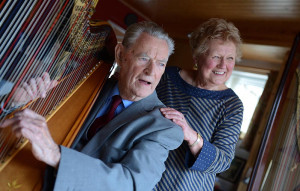
Osian Ellis with former student Elinor Bennett in 2018.
Ellis’ scholarly work included research into the medieval Welsh music of Robert Ap Huw, 18th century composer and harpist John Parry, and the uniquely Welsh form of singing, Cerdd Dant. His History of the Harp in Wales was published by the University of Wales Press, and he appeared in a myriad of television and radio programs. Ellis received numerous honors from leading national institutions in the U.K., and was made Commander of the Order of the British Empire (CBE) by the Queen in 1971. He also played the organ for Sunday worship at the Chiltern Street Welsh Chapel in London.
In retirement, Ellis and his wife Irene retired to their family home in Pwllheli in northwest Wales. The loss of their son, Tomos, was a devastating blow. Ellis cared tenderly for Irene during her illness and suffered a heavy loss when she died. For many years, his harp remained silent, but he regained his creative spirit following the 2018 Wales International Harp Festival, which celebrated his 90th birthday. He re-strung and tuned his Lyon & Healy harp and composed, then recorded a new piece, “Lachrymae,” in memory of a young family member. In April 2018, his “Cycle of Welsh Folk Songs” received its debut performance by famous opera singer Bryn Terfel and his wife and former Royal Harpist Hannah Stone.
Ellis is survived by a son and daughter-in-law and two grandchildren.
—Elinor Bennett
Read Harp Column’s feature interview with Osian Ellis in our May-June 2018 issue.






